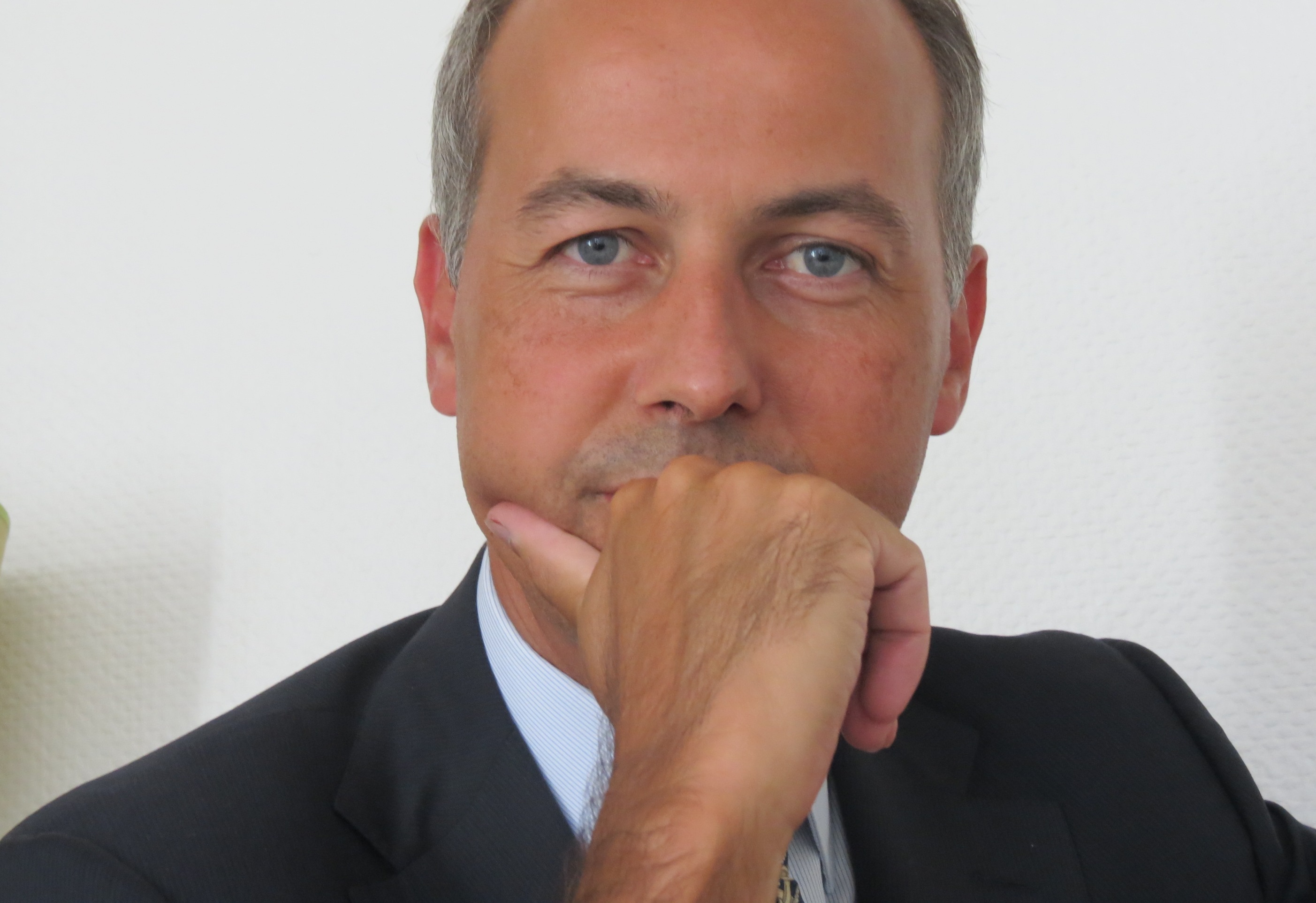Did you hear about the NBA’s Secret Wine Society? Impossible Monsieur in France! In France, wine is something of an embarrassment. Yet President Emmanuel Macron speaks highly of it, whether talking about Bordeaux in this interview in the magazine ‘Terre de Vins’ or wines from the Rhone Valley (we saw him on the presidential campaign trail, smiling broadly and exchanging a few words with Stéphane Ogier, master of the Côte Rotie, about his wines.) But all the same, this wine is irksome; the French don’t know quite what attitude to have towards it. Once again this week, it was the turn of the French Minister of Health, Agnès Buzyn, to speak out, stating: “Wine is an alcohol like any other.” This provoked the same irate response and the same indignation as usual. It’s a story that’s been going on for years. There’s a general outcry…and then that’s it, nothing happens, there is no change in policy. Let’s face it; either the wine sector simply doesn’t carry enough weight, or successive governments have got it completely wrong.
Working with celebrities and influencers for the promotion of luxury brands that we advise, we often hear “That’s great, I love wine” from American, Chinese, Japanese or English influencers, but “No, sorry, wine is alcohol, I don’t want to be associated with it” in France. These two diametrically opposed attitudes prompt me to ask: When are we going to put a stop to this? Because we’re not just dealing with an amalgamation here; we’re talking about a monumental error.
Like gastronomy, wine is an irreplaceable living treasure for France. It has shown itself to be a high-value product for centuries. Following in the footsteps of the Gallo -Roman aristocracy, noblemen and the clergy began planting vines from the middle ages onwards. Wine has always been a symbol of power and a means of exercising it. The designation “appellation d’origine” raised French wine to a cultural exception status which is the envy of the entire world. This “cultural exception” is acknowledged by UNESCO through the Intangible Cultural Heritage of Humanity label awarded to the cellars and vineyards of France, whether in Champagne, Burgundy or Saint Émilion. In 2010 UNESCO even added French cuisine to the Intangible Cultural Heritage of Humanity. Is it even possible to imagine a gastronomic meal without champagne and the other great wines of France?
Wine is part of our cultural exception. At a time when we are celebrating the new Michelin stars, let us just remind ourselves of these words spoken before the announcement of the new listings: “Out of 80 million tourists that visited France in 2017, one third came for its gastronomy and its wines (…) 13.5% of their total expenditure was in restaurants.” So why do we continue to demean wine – “the healthiest and most hygienic of drinks” according to Pasteur – by qualifying it simply as “alcohol”? We’re just shooting ourselves in the foot. Italy and Spain, amongst others, have a better understanding of the enormous asset that their wines represent. And it exasperates me to see the international brands that we advise able to communicate widely in their home markets to increase visibility and strengthen their presence in their country of origin and not to be in a position to advise our French brands in the same way.
Perhaps the answer lies here; the cultural significance inherent in wine and the capacity that it has to represent all levels of society renders it embarrassing. But denigrating it is a huge error that will cost us dear. Even worse, the decline in wine education will have disastrous consequences for its future in France. But it would appear that not all cultural exceptions are created equal. The French cinema industry shares the status of “cultural exception”, and as such benefits from generous financial support from the state. By contrast French wine, which contributes heavily to the country’s balance of payments, does not enjoy the same treatment. They would rather refer to it as a common “alcohol”. If we follow the logic of the French economy, must culture necessarily be a financial black hole to benefit from protection?
(You can reach Guillaume Jourdan via LinkedIn)



